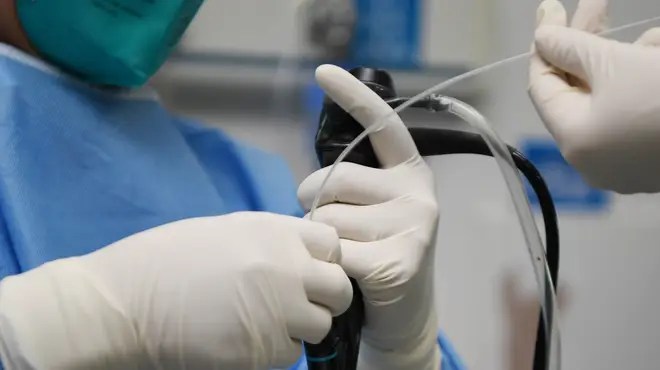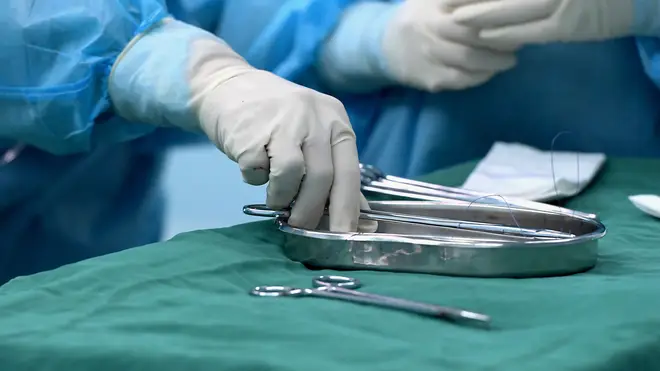
Shelagh Fogarty 1pm - 4pm
10 December 2019, 13:17

A hospital has apologised after a surgeon mistakenly operated on a woman while she was still conscious.
The woman described how she "screamed in agony" as a surgeon cut into her belly button during an operation at Yeovil hospital.
She said despite her screams no one could hear her as she was wearing an oxygen mask and a curtain was up.
During the procedure, a laparoscope was placed inside her, and her abdomen was filled with gas.
An increase in her blood pressure levels did alert staff to her discomfort, however they continued the operation.
Medical negligence lawyers explained that the woman was given a spinal rather than general anaesthetic during the gynaecological procedure in 2018.
The woman, who wants to remain anonymous, said: "I have suffered a lot with PTSD and the nightmares have been horrendous.
"I have these images lying on a table with people watching me and not listening to my screams. It is terrible and I can wake up around three times a week due to this.
She continued: "I'm also now very nervous and paranoid around doctors too - my trust has just been shattered.
"While nothing will change what has happened to me, I just hope that lessons can be learned so no-one else faces similar problems in the future."

She also said the surgeon told her he had never undertaken such a procedure on a conscious patient as she was being taken into surgery.
Yeovil District Hospital NHS Foundation Trust, which runs the hospital, has now admitted liability.
A spokeswoman for Yeovil Hospital said: "It appears that a breakdown of communication led to the use of a different anaesthetic to that normally required for such an operation. We are sorry if this patient suffered any distress as a result.
"However, this case is yet to be resolved with the claimant and we will therefore not discuss this further.
"In a typical year, we carry out more than 15,000 operations, many of them life-saving, and we pride ourselves on the highest possible standards of care and safety."